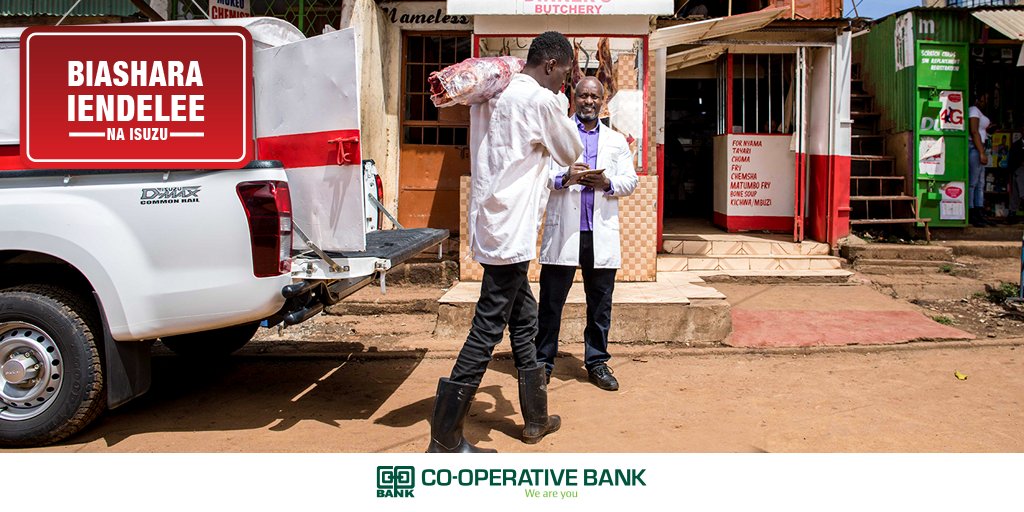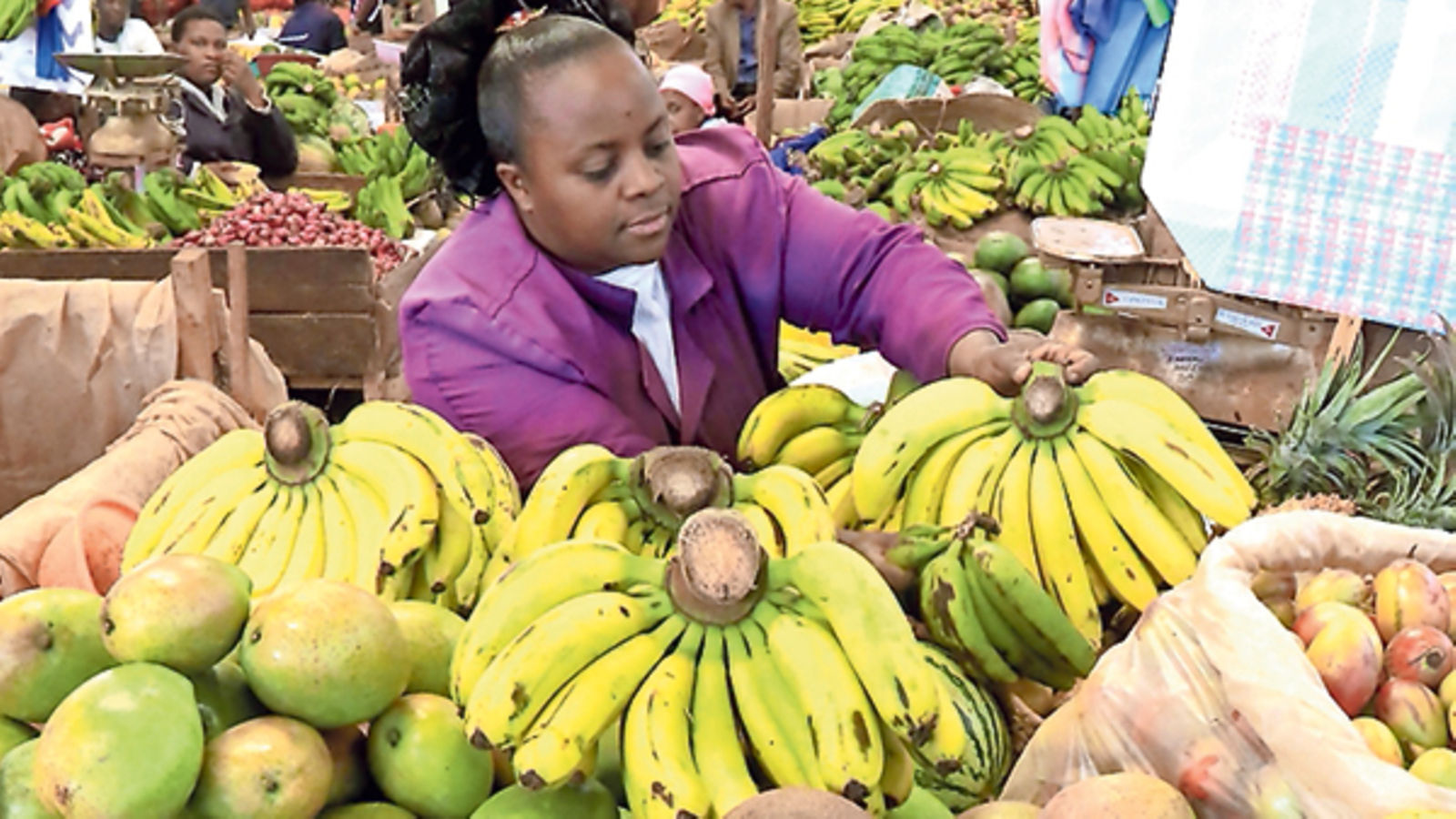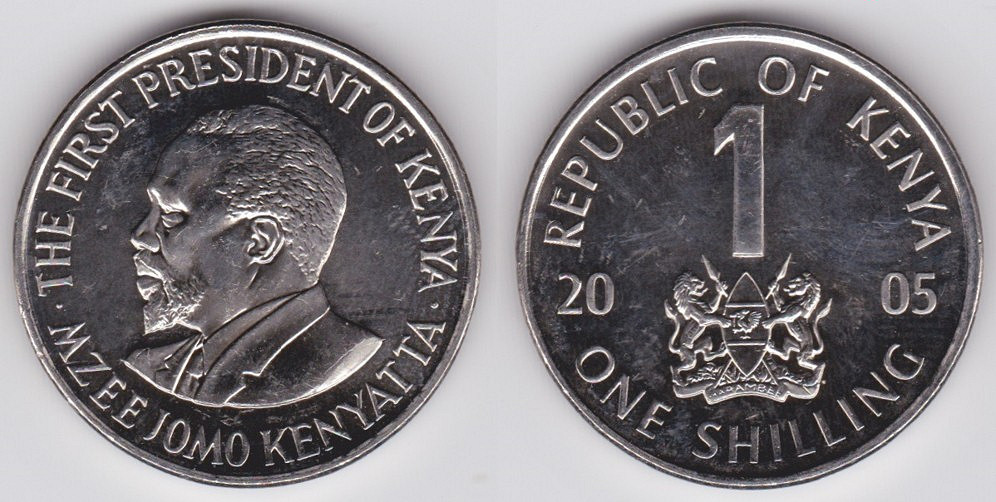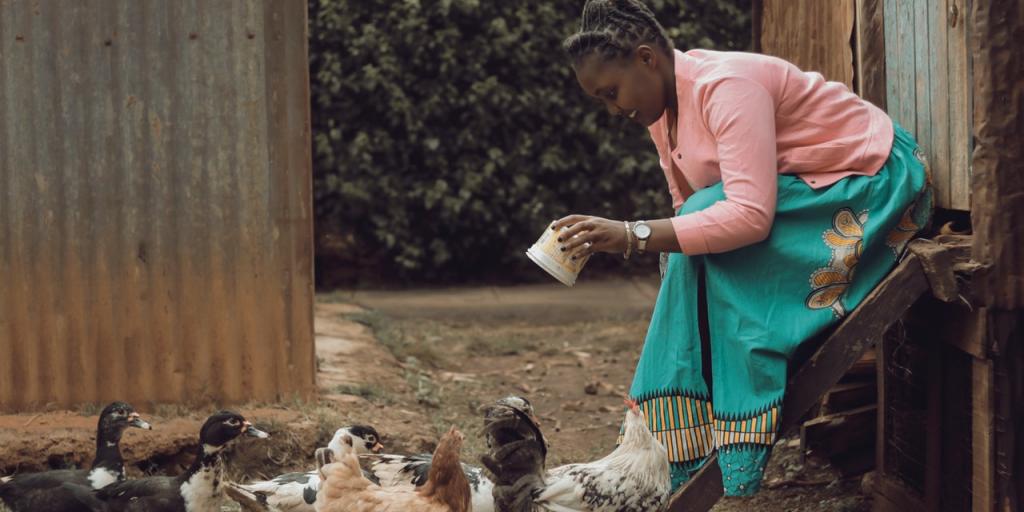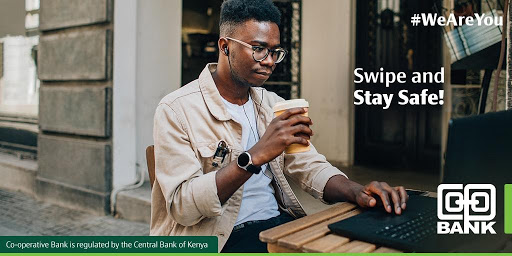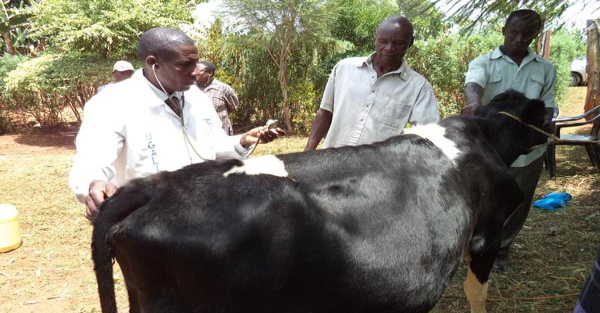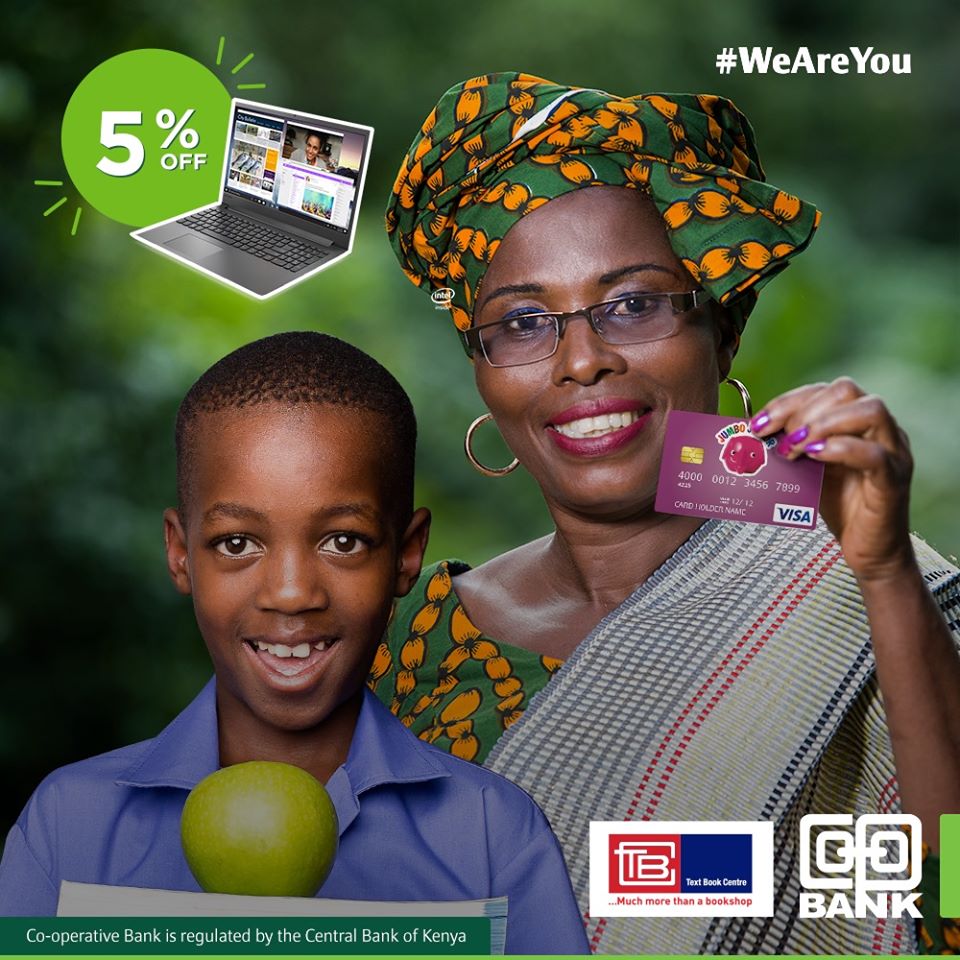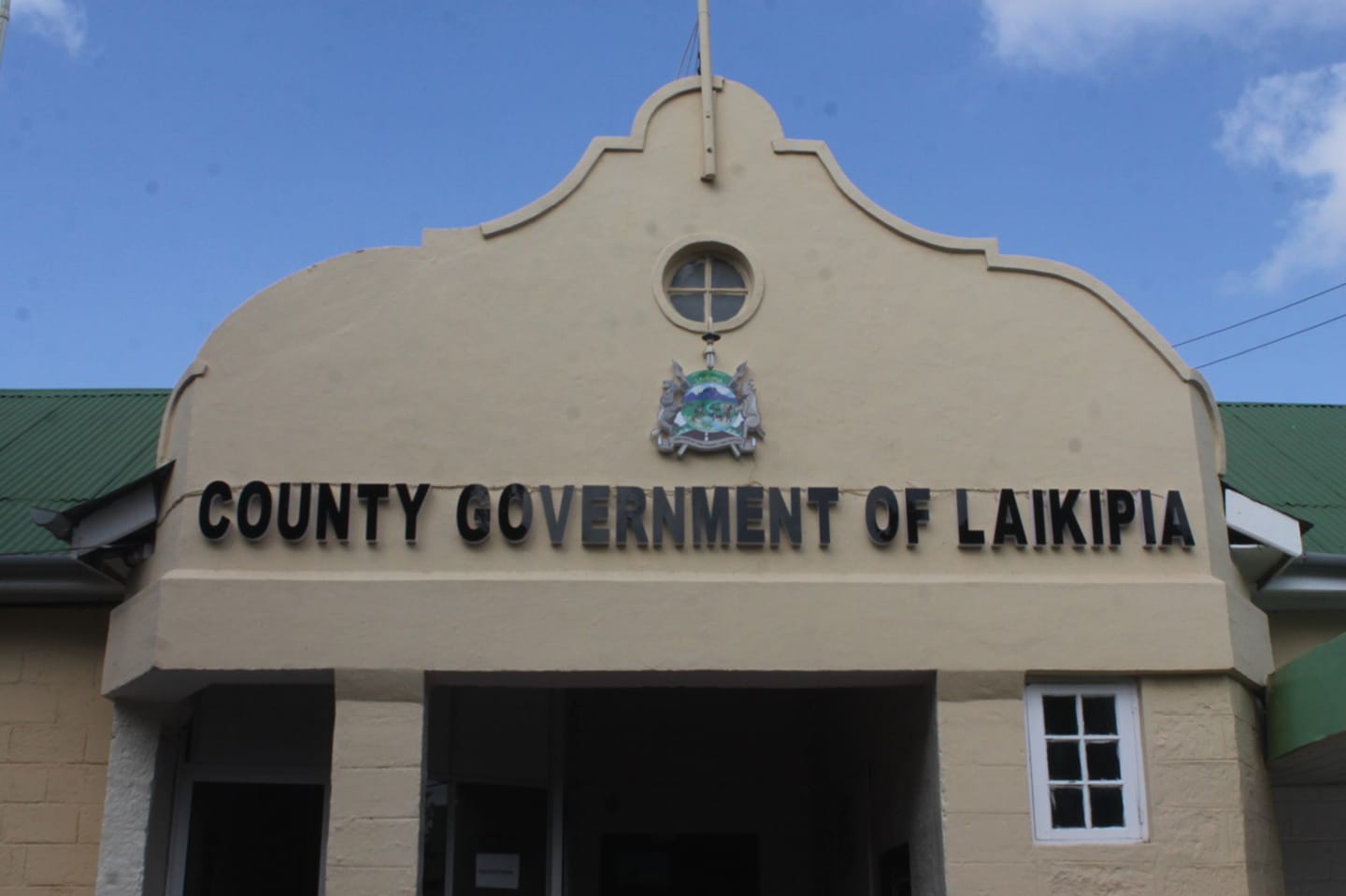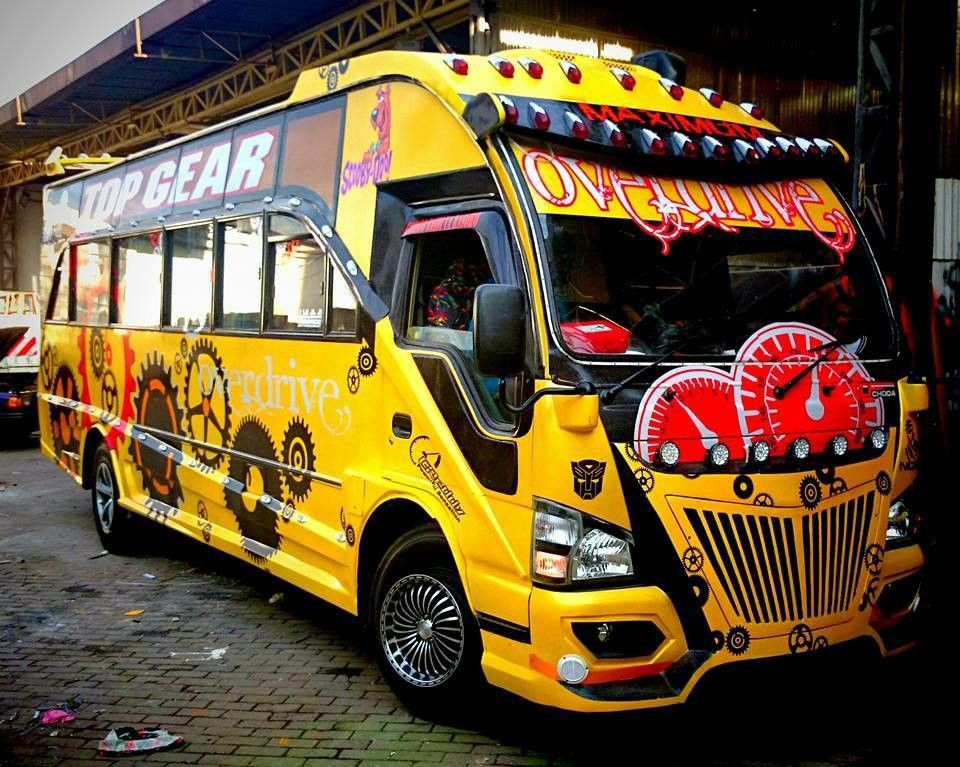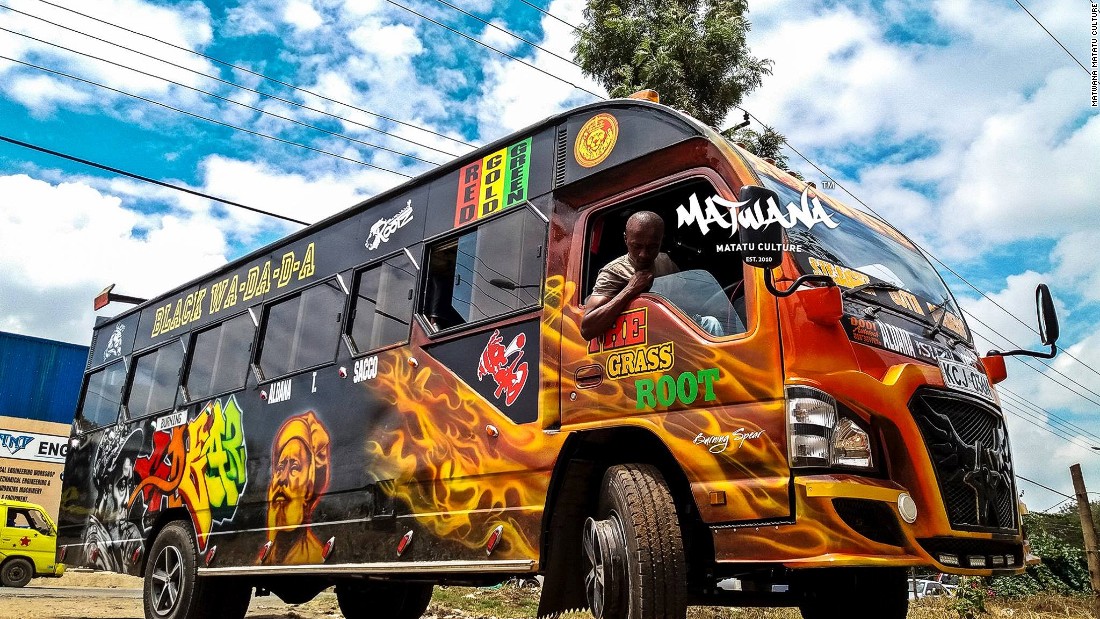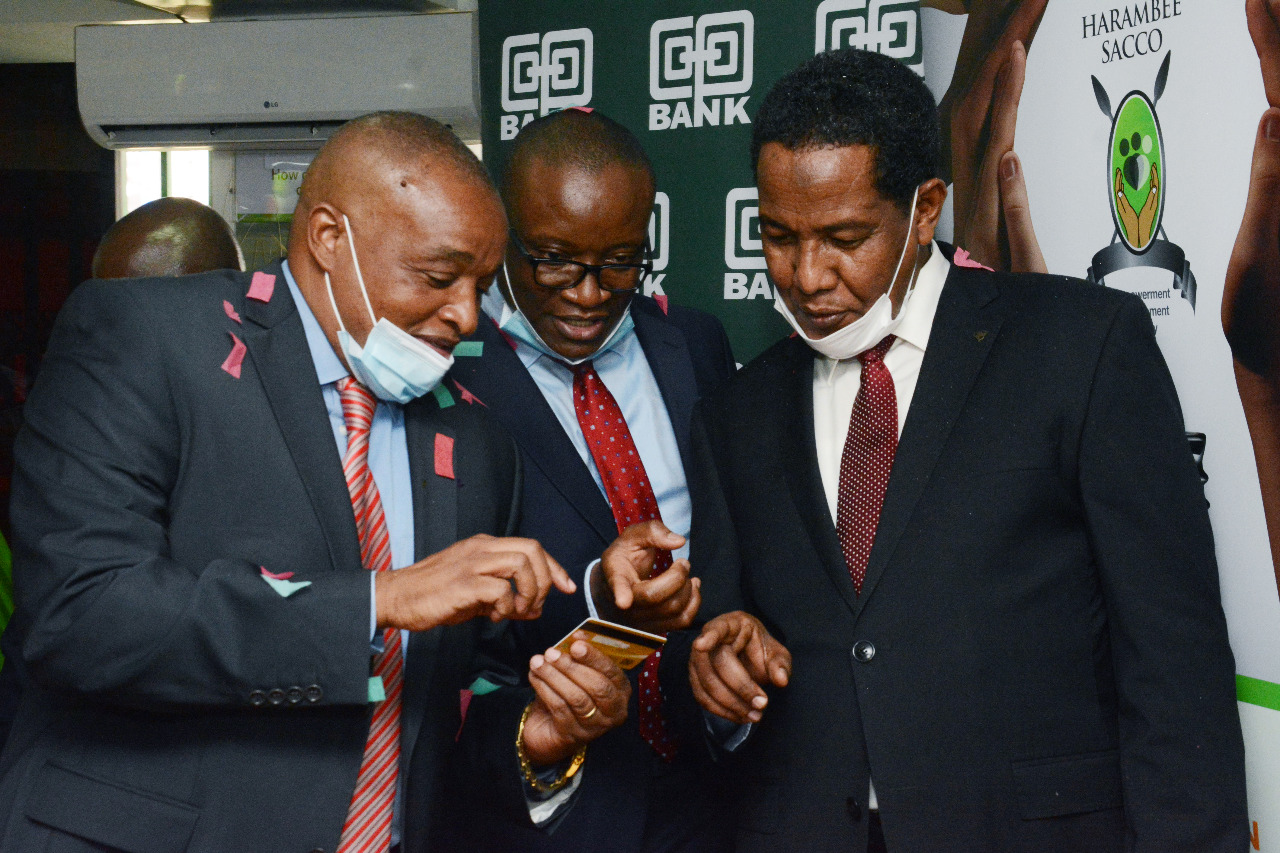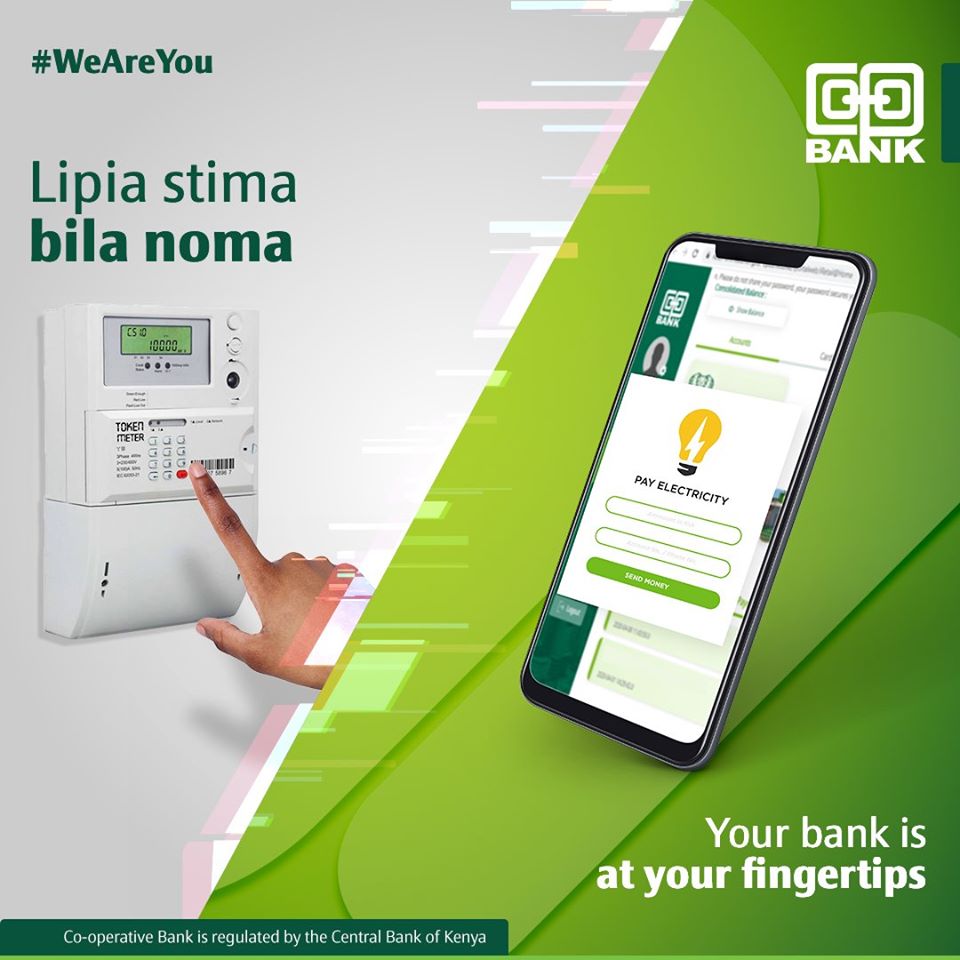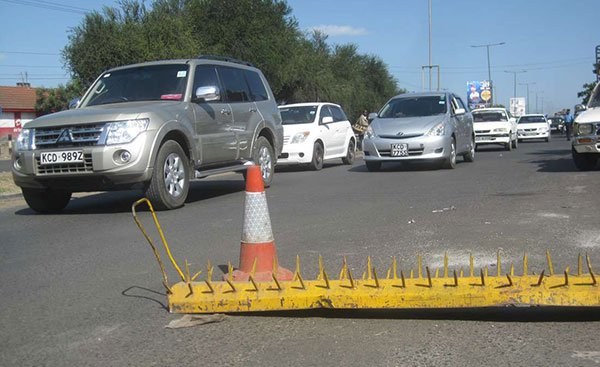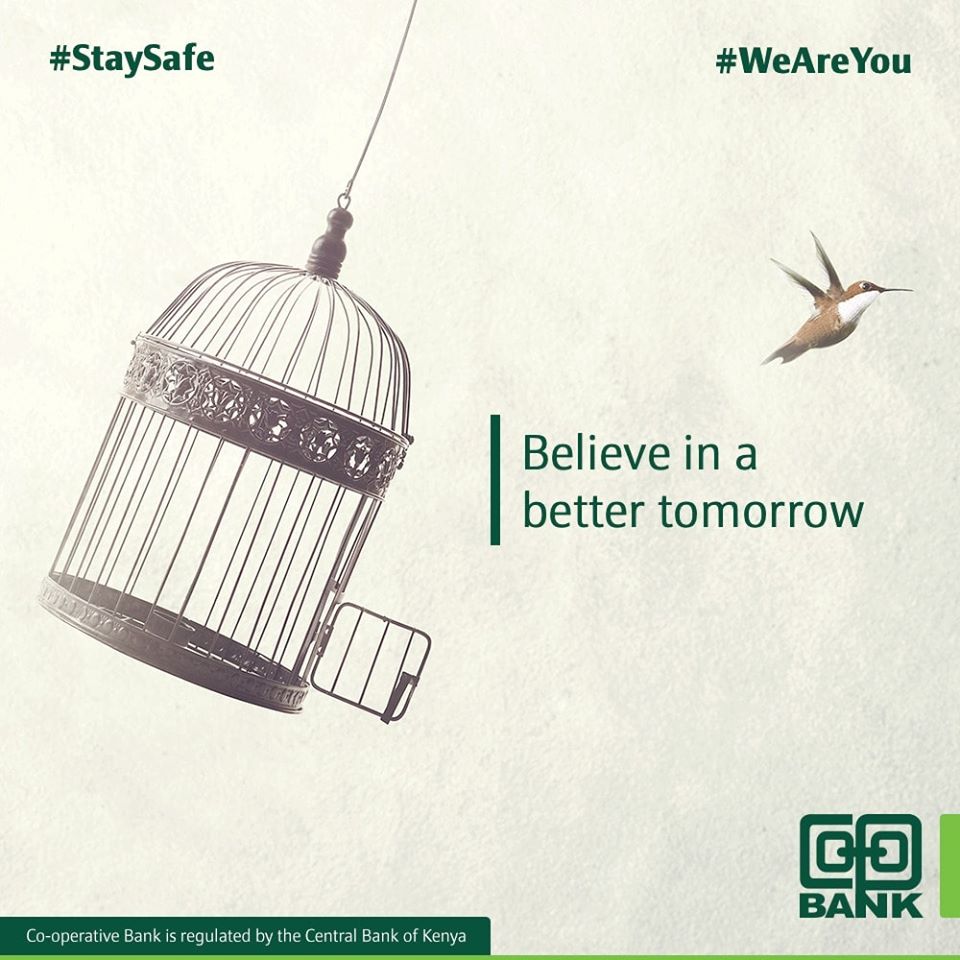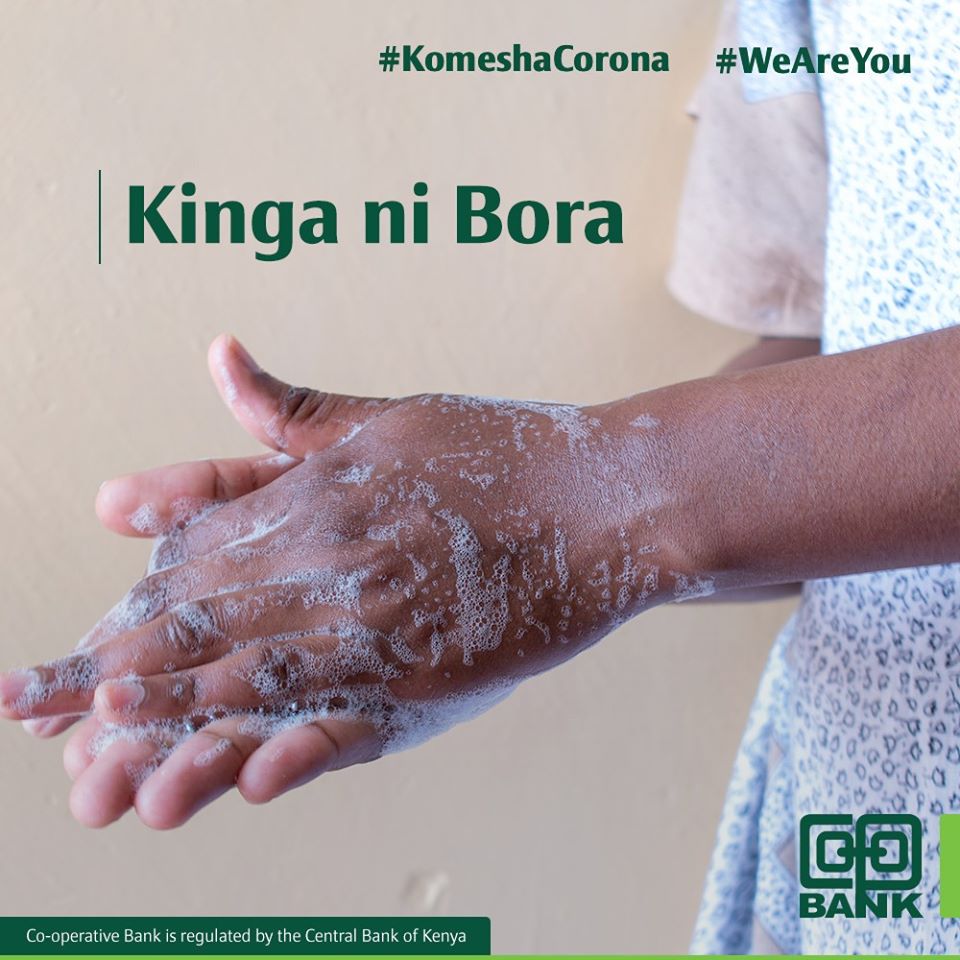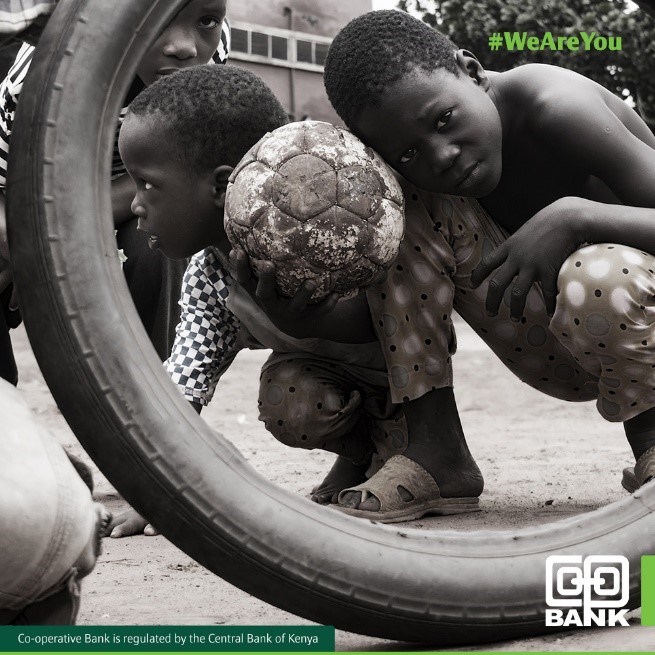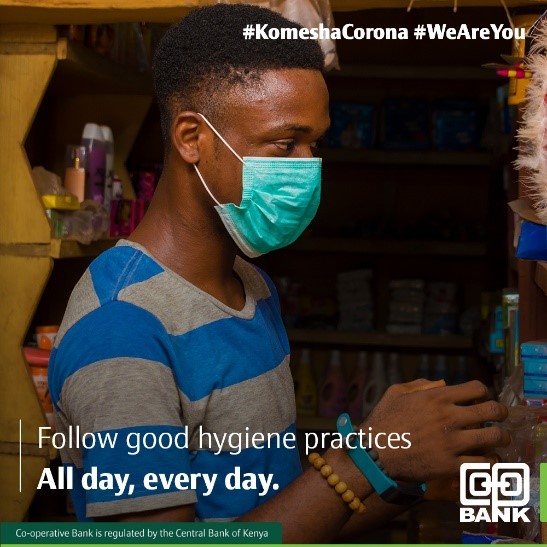Do you know why bananas are a sure fixture in the breakfast basket in every hotel? Or, in your own kitchen, or sneaked into your school lunch basket?
The fruit is loaded with healthy benefits. It’s loaded with fibre – both soluble and insoluble.
The soluble fiber has the tendency to slow down digestion and keep you feeling full for a longer time.
In Nairobi, and other major towns across the region, the banana is the fastest moving fruit in grocery stalls, street vendors and supermarket fruit stands. Its available all year round, and a common staple in most households.
The versatility is boundless.
Ripe? You game.
Chopped and tagged with other fruits as pudding? Even better.
Peeled raw and chopped into tire shapes and fried? Who doesn’t miss that cuisine?
The banana also features heavily in every urban bachelor’s dwelling. Its affordable – and a high -energy fruit.
In Kenya, many regions grow bananas. The richest, though, and famous for their banana-cultured lifestyles, are the Kisii people. In hot pursuit is the Meru region.
The banana trade is booming, but the blunt edge is borne by traders – on the transport part. It’s really hectic. But necessity is the mother of innovation, right?
In banana-rich Kisii and Meru region, traders have joined up to form empowerment groups. This enables them to pool resources and hire a single hauling truck, as opposed to the previous trend to just source for available transport at the main markets.
One step further, is that these trading groups have evolved to be financial outfits, and got duly registered. Each member has a membership number to the group, and deposits money directly to the group’s central account.
For Co-op Bank, these trader groups enjoy customized services, and expert financial advice. The bank has assiste4d the group acquire Safaricom till numbers that deposit money directly to the group’s account.
Despite the prevailing financial melt-down spurred by the pandemic, Co-op Bank has renewed a vehicle financing deal financing deal that is set to empower such registered groups – like, the banana traders.
The Biashara Iendelee campaign deal gives clients up to 95% funding on selected vehicle brands to boost Micro, Small and Medium Enterprises (MSMEs).
These are versatile lorry and pick-up trucks ideal for business, from Isuzu Kenya and Simba Colt.
For Isuzu, models available are: Pickups – TFS & TFR series. Trucks: N-series Models – NHR, NKR, NQR, NPR; Isuzu F-Series models – FRR, FSR.
For Simba Colt, Co-op Bank clients can pick the versatile Mitsubishi Canter FE 71, 84,85CG, 85CH, Mitsubishi Trucks and assorted Mitsubishi Pickups.
If they wish, these groups can also apply for a Ksh.500,000 working capital facility to ride out the crippling Covid-19 season. Other exciting perks is the 60 day loan-grace-period, a negotiated motor vehicle insurance cover and the longest, flexible re-payment periods in the market – 5 years.
There’s really no need for your group to incur losses due to delayed transport from the farm to the market – NO MATTER THE DISTANCE!






